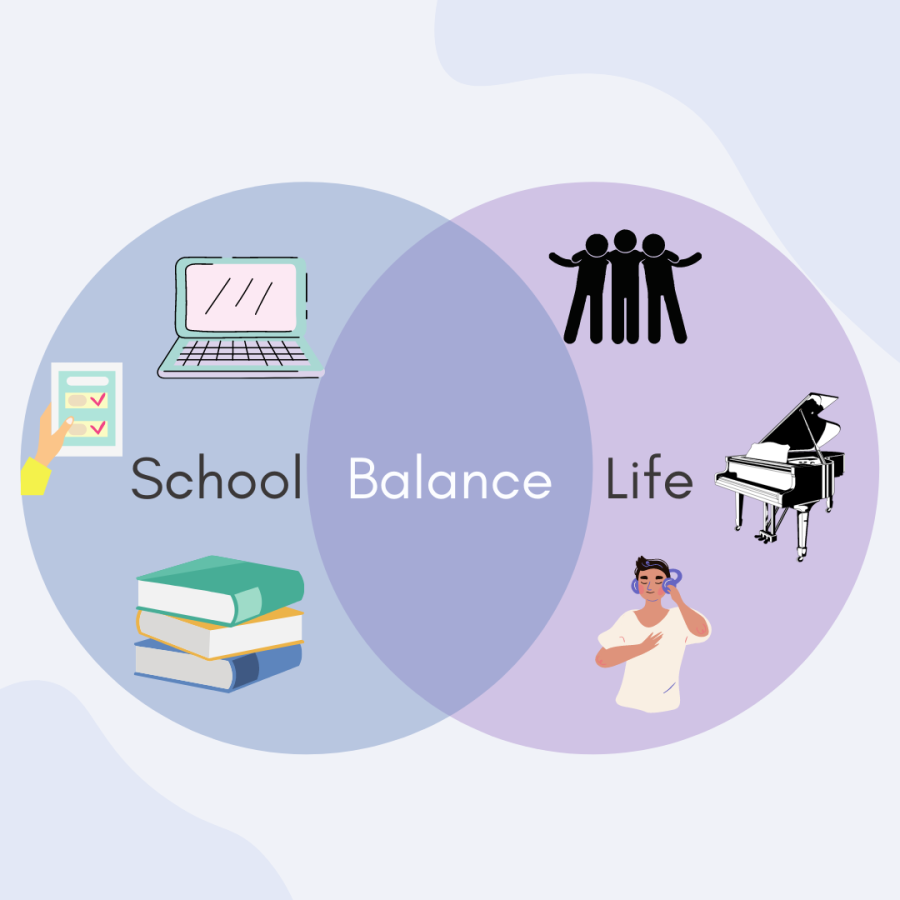Teens across the country are not getting enough sleep every night, which is much more important to adolescents than many realize. There are many factors that may prevent a teenager from getting adequate sleep, such as before-bed screen time, hectic after school schedule, and hormonal time shifts. Lack of proper sleep has many resulting side effects, including poor mental health, lower performance in school, and lack of motivation .
It is often underestimated how much sleep a teenager actually needs in a night. According to BetterHealth, teens need anywhere from eight to ten hours of sleep per night but most only get six-and-a-half to seven-and-a-half hours of sleep per night. Sleep is especially important for the student attending a full day’s worth of classes. It is imperative students get adequate sleep in order to be able to socialize, comprehend, and participate in class discussion and activities; their ability to do well on major tests and quizzes is based upon their ability to pay attention and focus in class.
On average, students are operating for at least seven hours a day outside of their homes on an 8:30 a.m.-3:30 p.m. model schedule (not including time before they leave their house and time awake once they get home, extra-curriculars, etc.). When students are hardly getting seven hours of sleep as it is, there is no way for them to be fully present and at max capacity for more hours than they are asleep.
Science teacher Ms. Aundrea Rue shares her thoughts from a science-based perspective.
“Sleep is vital to so many aspects of daily life. While we are sleeping our bodies heal, important compounds are built, and we even learn while we’re sleeping! Our brains sort through the information we learned that day while we sleep and store it or purge it. Muscle memory is cemented while we snooze and the perfect form for everything from layups to embouchure is learned while we’re sleeping; and let’s not forget attitude, energy, and attention span. They are all better when we get the right amount of sleep. A person can actually be declared temporarily insane and committed after 48 straight hours without sleep – it’s that important! Teens should be getting 8 – 10 hours of sleep each night, and caffeine can’t compete with a good night’s rest, so prioritize it!”
There are many things that may cause sleep deprivation among teens including excessive use of screens, hectic after school schedules, too much leisure time before bed, and habits/routines performed before bed.
As a teen myself, I have noticed the more I am on my phone or computer right before bed, the harder time I have falling asleep. I tend to charge my phone on my bed; therefore, it tends to be the last thing I do before I fall asleep. As a result, I try to only use my phone before I turn my lights off as well as trying to increase the amount of other stimuli I expose myself to right before I fall asleep such as tidying my room or reading a book.
Hectic after-school schedules or too much leisure time before bed can also influence one’s ability to fall asleep and stay asleep.
Too much stimulus from the time you wake up until you lay your head on the pillow can make it difficult and stressful to try and wind your mind down. An example of this can be seen in the student who wakes up early in the morning to get ready for school, attends a full day of school and goes directly to their extracurricular activities such as sports practice, youth group, clubs, etc.
On the other hand, someone who spends too much time lounging around may be putting themselves in a position to be under-stimulated by the time they go to sleep, making it more difficult to feel tired and allow their bodies to drift off to sleep.
Never fear, there are solutions to your endless, sleepless nights. One of the most beneficial things I have found works for me is creating a nightly routine that you stick to. By creating a routine or habits that are performed right before you hit the pillow allows your body to know it needs to wind down and prepare for sleep. Little things like taking a warm shower, washing my face, tidying my room, and reading a book all before I cut my light off and go to sleep have made a huge difference in the amount of time I spend laying on the bed waiting for my body to drift off to sleep. Additionally, I try to make a conscious effort to not lie down on my bed until I am ready to go to bed as well as only cutting the light off once I am done with my phone and am ready to shut my eyes.
Researchers from BetterHealth.gov also suggest listening to your body and allowing yourself to sleep in on the weekends, assessing your weekly schedule to see if you are overcommitted, limiting stimulating activity before bed, and ensuring you get to bed early on Sunday night to start your week off well rested.





































